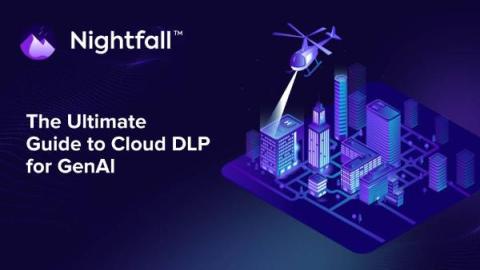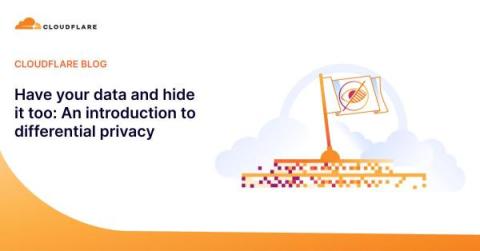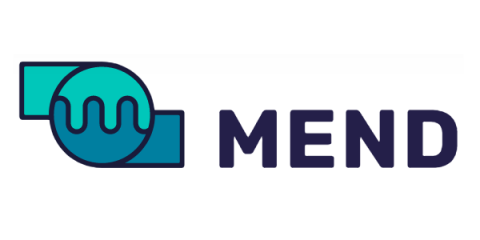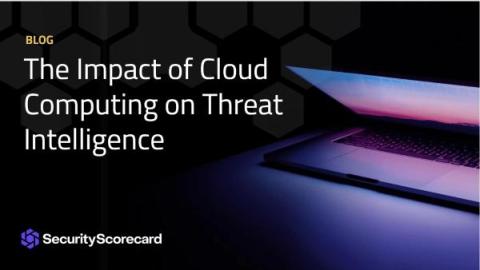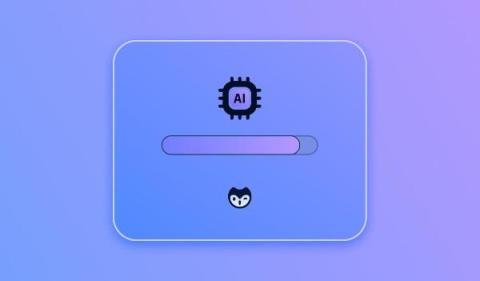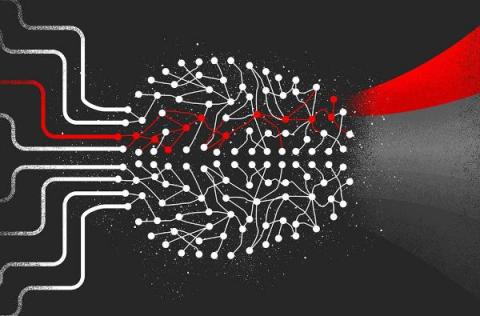Conversational AI vs. generative AI: What's the difference?
In the intricate world of artificial intelligence, it's essential to distinguish between the different AI technologies at our disposal. Two key domains that often lead to confusion are conversational AI and generative AI. Though their names might sound related, they are fundamentally different in their applications and underlying mechanisms. Let's dive into the realm of AI to elucidate the distinctions between these two intriguing domains.



